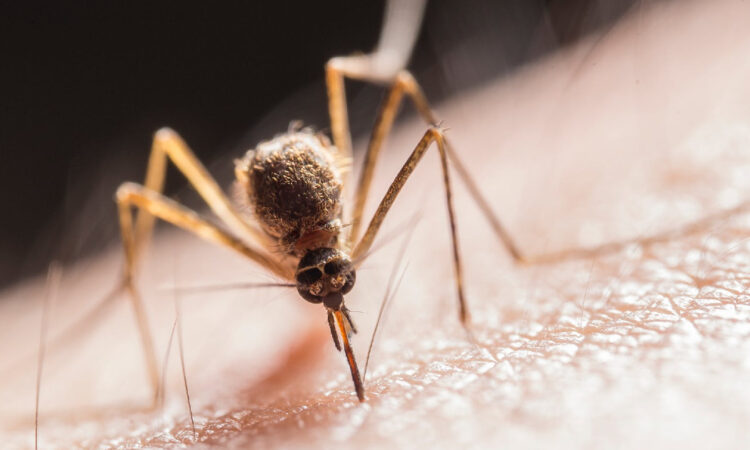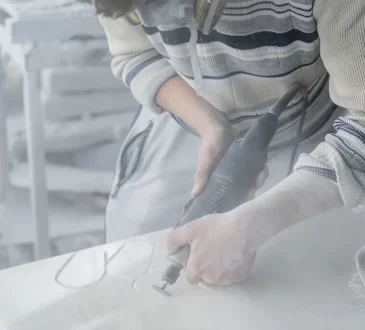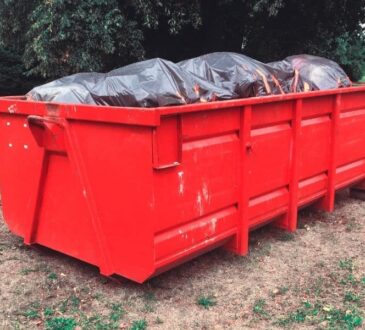Pest Control Experts in Manchester Explain How Mosquitoes Multiply – And How to Stop Them!

One of the biggest challenges with mosquitoes is the sheer number present in a given area. Even if you manage to get rid of two or three mosquitoes in a single night, more are sure to arrive. The issue is that mosquitoes have extremely quick life cycles and thus multiply very fast!
According to experts in mosquito control in Manchester, information regarding mosquitoes is power! Specifically, this knowledge can help curb their population, thus avoiding a potential infestation. Here’s what you need to know.
-
How Quickly Mosquitoes Can Multiply
Mosquitoes are notoriously prolific breeders, capable of multiplying rapidly in even the smallest amounts of standing water. A single female mosquito can lay hundreds of eggs at a time, and these eggs can hatch within just a few days. This means that a small puddle, a clogged gutter, or a birdbath can quickly turn into a breeding ground, leading to an explosion of mosquitoes in your yard.
-
Identifying Common Breeding Sites
Identifying common breeding sites is essential in the battle against mosquitoes. These pests prefer stagnant water, which is abundant in various places around the home. Common breeding sites include:
- Birdbaths: While they are a lovely addition to any garden, they can become mosquito nurseries if not cleaned regularly.
- Clogged Gutters: Debris can block water flow, creating pools of stagnant water that attract mosquitoes.
- Potted Plants: Water that collects in saucers under potted plants can serve as a breeding ground.
-
The Life Cycle of Mosquitoes
Understanding the life cycle of mosquitoes can also inform effective control measures. The mosquito lifecycle consists of four stages:
- Egg: Female mosquitoes lay eggs in or near standing water.
- Larva: The eggs hatch into larvae (often referred to as “wigglers”), which live in the water and feed on organic matter.
- Pupa: After a few days, larvae transform into pupae, which do not feed but continue to develop.
- Adult: Finally, adult mosquitoes emerge from the water and begin the cycle anew.
-
Myths vs. Facts About Mosquito Breeding and Control
Several myths about mosquito control can lead to ineffective measures. For instance, some believe that certain plants can repel mosquitoes or that using citronella candles will eliminate them. While these methods may provide some relief, they do not address the root of the problem.
-
Professional Inspection Services
Professional pest control services offer comprehensive inspections to identify potential breeding sites and assess the overall mosquito risk in your yard. During an inspection, pest control experts look for standing water, breeding habitats, and other risk factors. They also evaluate the surrounding environment, as nearby sources of standing water, such as ponds or marshes, can contribute to mosquito populations.
-
Steps Homeowners Can Take to Reduce Standing Water
Homeowners can take proactive measures to reduce standing water on their properties, which can significantly decrease mosquito populations:
- Empty containers: Regularly check and empty any containers that collect water, including buckets, plant saucers, and toys.
- Maintain gutters: Keep gutters clean and clear of debris to prevent water accumulation.
- Regularly change water: Refresh water in bird baths at least once a week to eliminate mosquito breeding.
As the warmer months arrive in Manchester, so does the unwelcome presence of mosquitoes. Understanding how these pests multiply and where they thrive is crucial for effective control and prevention. According to leading pest control experts, it is important to address the problem at its source! This is the only true solution to managing mosquito populations.
So don’t wait and don’t delay! Take action against mosquitoes by engaging the services of a pest control expert today!




